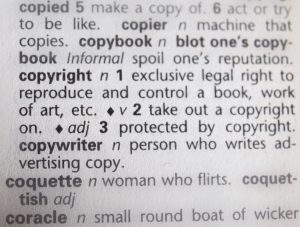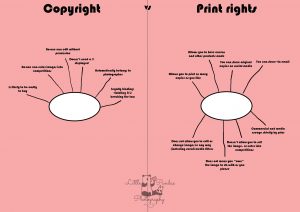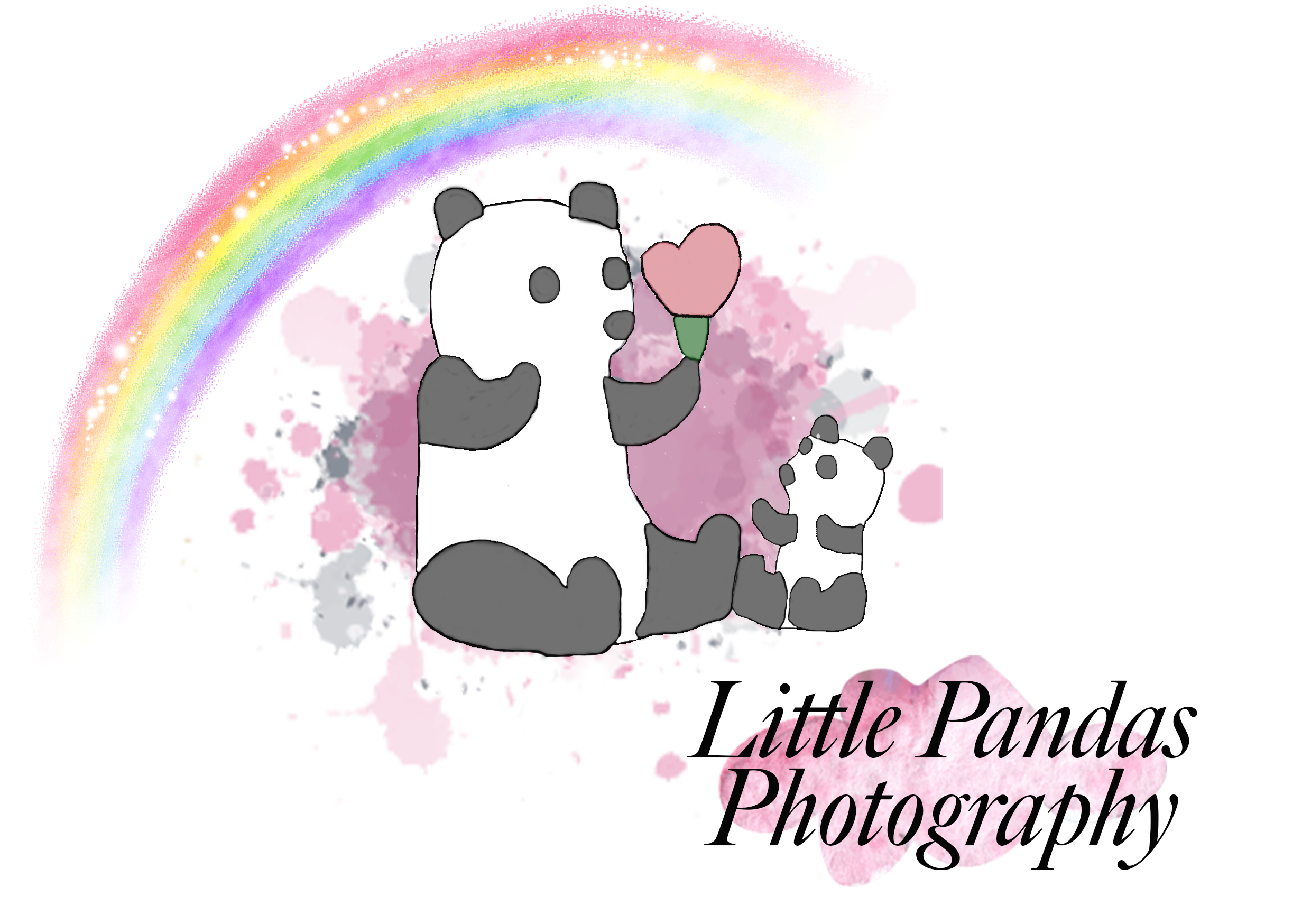Did anyone see the photographer on This morning on Monday? The one being sued by PETA on behalf of a monkey that took a selfie with his camera? It seems ridiculous doesn’t it? But its led to many interesting discussions around copyright, something I find comes up alot in the photography world. (His interview can be found here ).
Before I became a photographer I thought I understood copyright, in a basic kind of way. I thought that once I bought a photo, the copyright passed to me. After all, I bought it, so I own it right? How wrong I was!
Copyright is a really complex subject, and its a highly emotive one too. Some photographers don’t even understand it, so how can we expect our clients to?
So I wanted to write this post, to try and make it a bit easier to understand.
What is copyright?

The dictionary defines copyright as “Exclusive legal right to reproduce and control a book, work of art etc”. Seems pretty clear. If you own the copyright you can control who does what with it. Noone can copy it, edit it, share it, change it, or profit from it in any way without your express permission.
Who owns copyright?
Generally speaking, copyright is owned by the person who created the work. So, for photography, copyright is owned by the photographer.
The exceptions to this are if the photographer works for a company, rather than for themselves. In this case the copyright would be owned by the company he/she works for. Or if they have agreed to pass copyright over automatically (more information on this can be found here).
This second one can often cause problems for photographers, who may not understand that “copyright” is different to “printing rights”. More on that later.
How long does copyright last?
For the remainder of the creator’s life, plus 70 years beyond.
How does that affect me?
Because the photographer always keeps copyright, this means that you can never actually “own” a photograph, unless you take it yourself.
If you go to a professional photographer, and you buy a disc or a USB with digital files on, they are yours to email, print, share on social media. But if, for example, you were to feature in a newspaper or magazine, you couldn’t just give them the photos to publish alongside the article, without first checking with the photographer. If you want to share them to Instagram, you can’t apply a filter without breaking the law. You can’t decide you’d like a different edit and upload it to a Facebook page for someone to do so (ask your photographer, they would usually much prefer to re-edit themselves!).
If you buy a 6×4 print you can’t scan it into the computer and share it, or enlarge it. If you want bigger copies you would need to buy them. You can’t take a photo of a print and share it either, because although you own the photo you took, you are still reproducing an original work.
If you have an online gallery to proof your photos, you can’t screenshot them and get them printed (or even just keep them on your phone). This is actually theft, and photographers will most likely send you an invoice for all the photographs if they find out you have done so!
So what is the difference between copyright and printing rights?
As I mentioned earlier, this is where many photographers fall down. They advertise that they give “full copyright” with their digital images, when what they mean is full printing rights.
Printing rights means just that, the right to print the photos. Share them. Facebook them. But the photographer still owns them and controls what can be done with them.
If you ask a photographer giving away full copyright if you can get high quality prints made and sell them, the answer will most probably be a huge resounding “No!” After all, he/she created it. Its their work of art. the idea of someone else treating it as if they created it, and making money from it, is offensive to say the least. What they meant to give you was printing rights, but they just didn’t know the difference between the two.
By giving away full copyright they would be giving up all claim to being the person who created the photographs. They couldn’t stop them from being sold on, reproduced, edited in any way at all. The new copyright owner could use them in any way they please, and the original photographer would have no legal right to stop them!
Imagine the photographer is a real animal lover. Donates to animal charities, is active in doing conservation work. Is vegan. Imagine he takes a photograph of a lovely lion whilst on safari. He sells this photograph to someone, giving them “full copyright”. A few months later he finds his photograph has been used by a big game hunting company, to advertise their hunting breaks! This goes against everything he believes in, it makes him sick to his stomach to see his photograph used in this way. But what can he do about it? Nothing. By giving away copyright he has signed away his right to control how his image is used.

But its my child! I don’t like the idea of someone else owning photos of them
Just because the photographer owns the photos, that doesn’t mean they will keep them forever. Nor does it mean that they will do anything with them, other than what you agreed to if your contract. UK law also covers the right to privacy, so if you don’t want your images shared online or used for competitions, advertising etc then you are perfectly within your rights to request that. If you have answered a model call then you will usually be expected to allow the images to be used in this way however. But if you change your mind you can request privacy. However you will usually have to then pay for any photos you were given as part of the model call agreement.
The photo doesn’t have the © symbol on it, so its not under copyright
This is a common misconception, but its simply not true. All photographs are subject to copyright automatically. There is no need to add the © symbol to “claim” it, there is no need for it to registered anywhere. Just because its not marked with the symbol, doesn’t mean it is not owned. Assume it is.
Can I use photos I find on Google images?
The short answer is usually no. Unless it specifically states that it is copyright free then assume that you can’t use it. For example, all of my photographs on my website show up on Google images. Many of them aren’t watermarked. They still belong to me 😉
Hopefully this has made it a little bit clearer. It really is a minefield! But its so important that everyone, photographers and clients alike, know where they stand with it, to prevent misunderstandings and expensive mistakes.
On a final note, going back to the beginning of my post. What do you think about the PETA lawsuit? Taking into account all of the above, can a monkey really own copyright to a photo? Does PETA have any right to claim it on his behalf? I’m interested to hear your thoughts!
